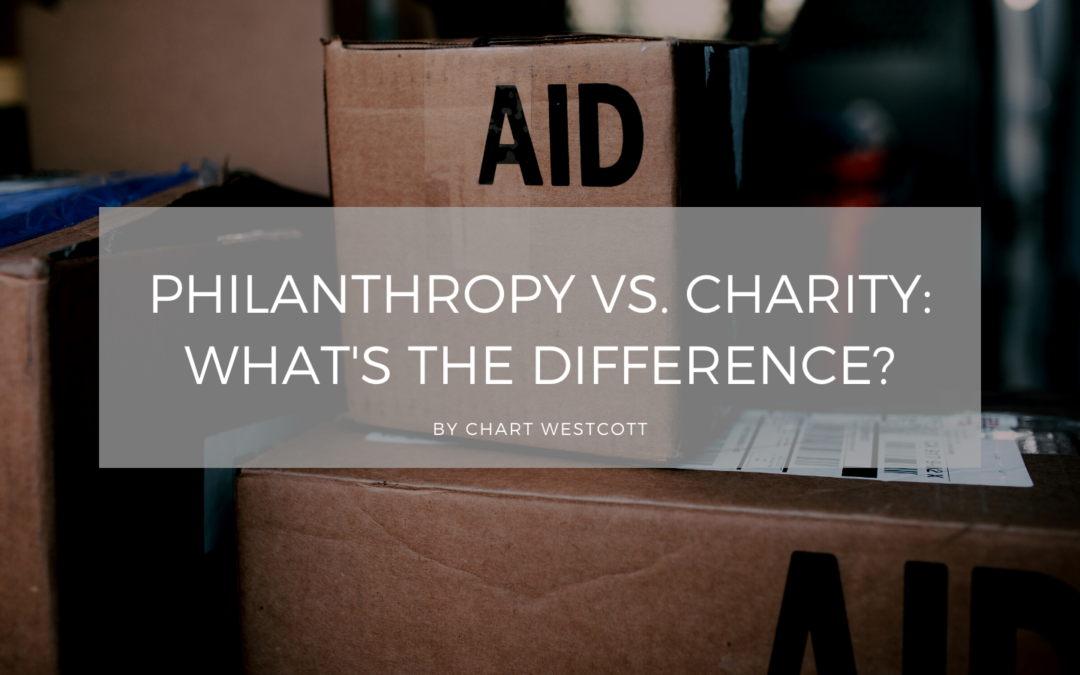It is quite common for people to use these two words as though they mean the same thing. While they are similar, there are very distinct differences between the two. Knowing these differences can allow people to know which approach will work best to achieve the goals they’re working toward when dealing with philanthropy and charity.
What is Charity?
Charity is characterized by empathetic outpourings of aid to help those in crisis or need. This may often be after a natural disaster, or for those suffering from diseases such as cancer or addiction issues. Charity is usually hands-on. Volunteering to build homes or schools, possibly digging wells to allow access to water where it’s needed are some examples of what charity can look like. Charity aims to provide immediate relief to those who are suffering in whatever ways might be needed.
What is Philanthropy?
Philanthropy is also interested in bettering life for people. However, instead of immediate, hands-on relief, philanthropy attempts to find and eradicate root causes of societal suffering. For example, they might fund studies on risk factors for addiction. Maybe a philanthropic organization would fund research into how to cure cancers or addiction prevention education. Philanthropic efforts are long-term. They are focused on systemic change and prevention as a means to improve lives and reduce suffering. Philanthropy takes a very logical and strategic approach as opposed to a wholly emotional response. It is solution-oriented and focuses beyond the surface level.
Which Approach is Best?
Both charity and philanthropy are necessary and helpful to improve the quality of life for people and better society as a whole. The truth is, the two can and do work well together synergistically. They complement each other, as philanthropy might be funding research into genetic and social risk factors for addiction while charity is running detox centers and giving recovering addicts resources to get back on their feet. Philanthropy and charity are like two sides of the same coin. They are both necessary for immediate and long-term progress. They are both working on the same goals in different ways. There is no need to choose between them as they are both valuable and useful. We can tap into both logic and empathy to effect change.

